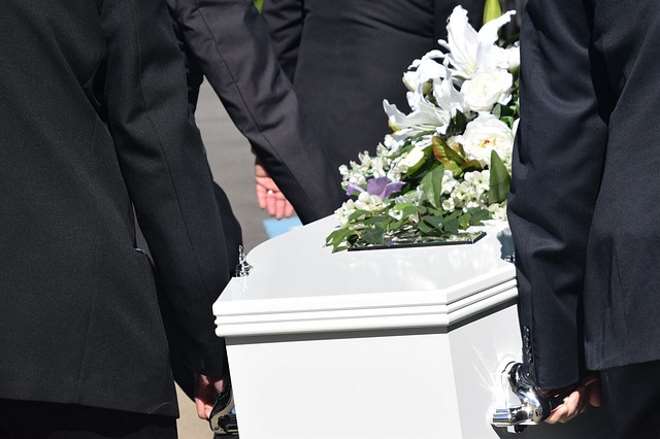A Closer Look at Cremation: How It Works and What It May Cost
Curious about how cremation actually works? From the main steps to potential costs, many want clear answers before making a decision. This guide walks you through what happens, what to expect, and what options may be available—offering clarity during an important time.

What exactly happens during the cremation process?
The cremation process involves several carefully managed steps. First, the deceased is identified and prepared, which may include removing medical devices or jewelry. The body is then placed in a cremation container or casket made of combustible materials. This container is moved into the cremation chamber, also known as a retort, where it’s subjected to extreme heat (typically 1,400 to 1,800 degrees Fahrenheit) for about 2-3 hours. During this time, the body and container are reduced to bone fragments. These fragments are then cooled and processed into a fine, sand-like consistency, which becomes the “ashes” returned to the family.
How long does the entire cremation timeline typically take?
The timeline for cremation can vary depending on several factors. While the actual cremation process takes only a few hours, the entire procedure from death to the return of ashes typically spans 7-10 days. This timeline includes necessary paperwork, any viewing or funeral services beforehand, the cremation itself, and processing the remains. Some factors that can affect this timeline include required waiting periods (which vary by state), the funeral home’s schedule, and any customized services the family requests.
What are the main factors influencing cremation costs?
The cost of cremation services can vary widely based on several factors. These include:
-
Geographic location: Prices can differ significantly between urban and rural areas.
-
Type of cremation: Direct cremation (without a viewing or ceremony) is typically less expensive than full-service cremation.
-
Cremation container: The cost can range from a simple cardboard box to an elaborate casket.
-
Urn selection: Prices vary based on material, design, and personalization.
-
Additional services: Viewing, memorial service, or ceremony will add to the overall cost.
-
Transportation: Fees may apply for transferring the deceased to the crematory.
What options can families choose before or after cremation?
Families have numerous options to personalize the cremation process and memorialize their loved ones:
-
Pre-cremation viewing or funeral service
-
Witness cremation, where family members can be present as the body enters the cremation chamber
-
Selection of urns or keepsake jewelry for storing ashes
-
Scattering ceremonies in meaningful locations
-
Creation of memorial gardens or plaques
-
Incorporating ashes into art pieces or memorial objects
-
Green burial options for the ashes, such as biodegradable urns or reef balls
How does cremation compare to traditional burial arrangements?
Cremation and traditional burial differ in several key aspects:
-
Cost: Cremation is often less expensive than a full traditional burial, especially when opting for direct cremation.
-
Environmental impact: Cremation generally requires less land use and fewer resources compared to traditional burial.
-
Flexibility: Cremation offers more options for storing or scattering remains, allowing for delayed or multiple memorial services.
-
Religious considerations: While many religions now accept cremation, some still prefer or require traditional burial.
-
Permanence: Traditional burial provides a fixed place for visitation, while cremation allows for more portability of remains.
What are the typical costs associated with cremation services?
Cremation costs can vary significantly based on location and chosen services. Here’s a general overview of cremation costs in the United States:
| Service Type | Average Cost Range |
|---|---|
| Direct Cremation | $600 - $3,000 |
| Cremation with Viewing | $2,000 - $4,000 |
| Full-Service Cremation | $4,000 - $7,000 |
| Urn | $50 - $1,000+ |
| Cremation Casket | $500 - $3,000 |
Prices, rates, or cost estimates mentioned in this article are based on the latest available information but may change over time. Independent research is advised before making financial decisions.
In conclusion, cremation offers a range of options for families looking to honor their loved ones. By understanding the process, timeline, costs, and available choices, you can make an informed decision that aligns with your preferences and budget. Whether opting for a simple direct cremation or a full-service memorial, cremation services provide flexibility in creating a meaningful tribute to those who have passed.




